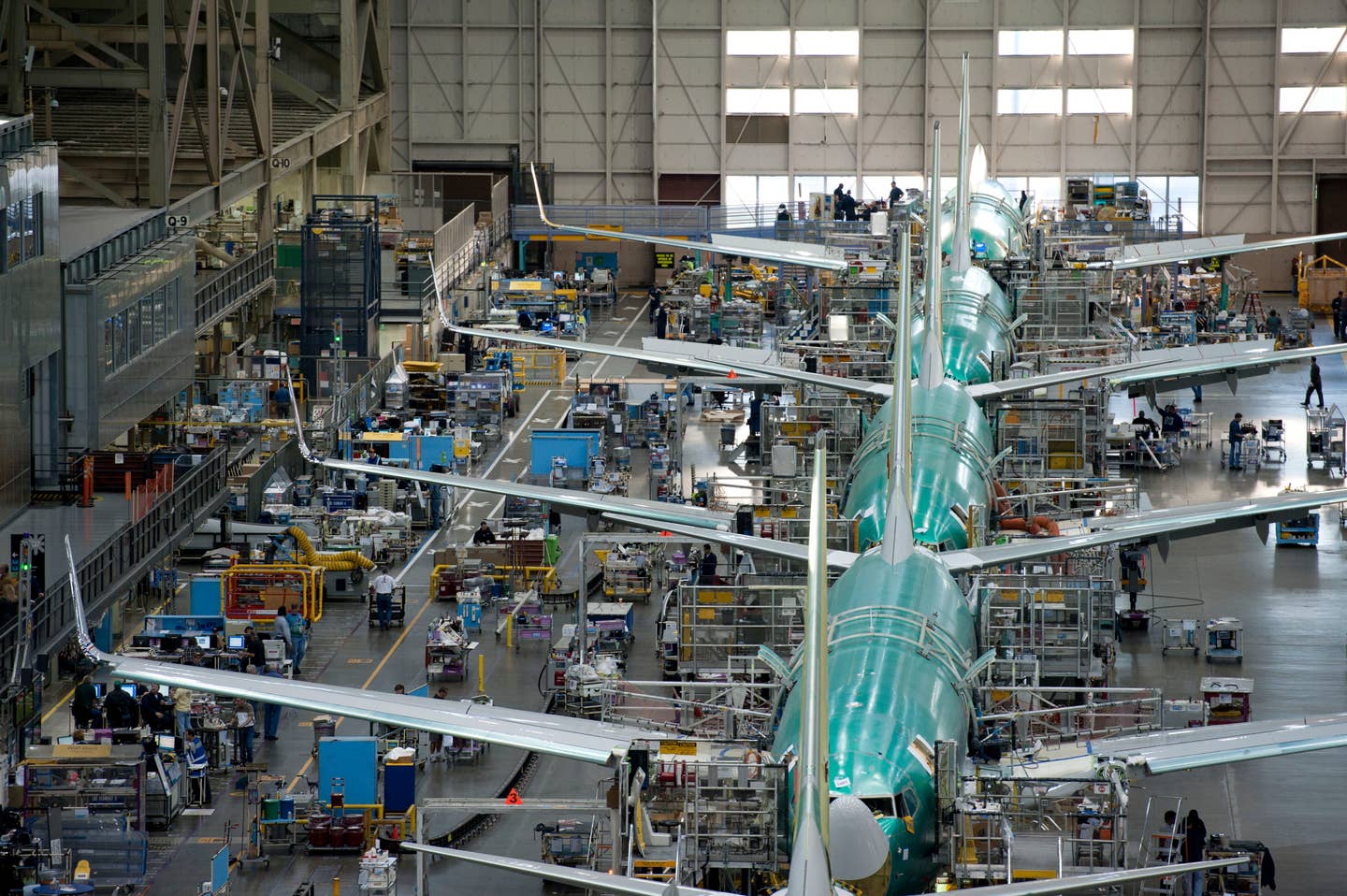Boeing To Cut Rates, End 747 Production
As part of an announcement addressing a $2.4 billion second-quarter (Q2) net loss, Boeing has confirmed that it plans to end production of its iconic 747 jet in 2022. The…

Image: Boeing
As part of an announcement addressing a $2.4 billion second-quarter (Q2) net loss, Boeing has confirmed that it plans to end production of its iconic 747 jet in 2022. The company also intends to reduce the combined 777/777X production rate to two per month along with dropping 787 production to six per month for 2021, marking deeper rate cuts than previously planned. In addition, Boeing stated that it is considering staffing reductions beyond the 10 percent workforce cuts announced in April.
“The diversity of our balanced portfolio and our government services, defense and space programs provide some critical stability for us in the near-term as we take tough but necessary steps to adapt for new market realities,” said Boeing CEO Dave Calhoun. “We are taking the right action to ensure we're well positioned for the future by strengthening our culture, improving transparency, rebuilding trust and transforming our business to become a better, more sustainable Boeing.”
Boeing says its Q2 loses are primarily the result of the continued impacts of coronavirus (COVID-19) pandemic and the grounding of the 737 MAX. According to Calhoun, Boeing is “proactively reviewing every aspect of [the] company” including its infrastructure footprint, overhead and organizational structure, portfolio and investments and supply chain health and stability.






